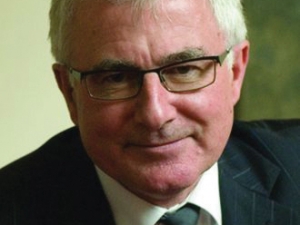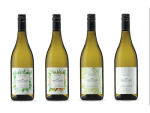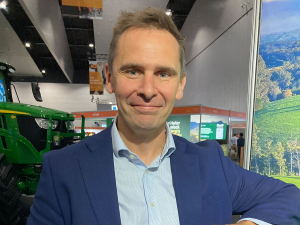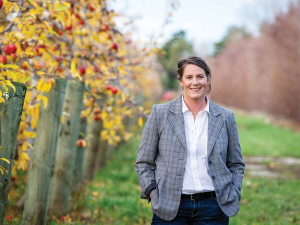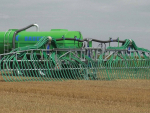Trade minister Tim Groser has a controversial message for dairy farmers – volatility is their friend. The industry has lived with it for 130 years, he says.
“If dairy prices were on a constantly upward one track, this would induce supply from our competitors,” Groser told the recent New Zealand Dairy Industry Awards dinner at SkyCity in Auckland. “I am not making a silk purse out of a sow’s ear – we want dairy prices to recover and we want them to recover as soon as possible.”
But the fundamentals facing “our great industry” had not changed, he said. Because of income growth in rising economies, especially China, the demand for protein is unstoppable, and not just in dairy but across all agriculture New Zealand is uniquely well placed.
“That’s why everyone wants a piece of action here in New Zealand. That’s why we are seeing a huge shift in migration. But the second thing is less under our control and that is supply,” Groser added.
“If dairy was simply a one way bet I can guarantee you the supply would rise to choke off that demand. So while it is a bit tough – particularly for some of the more leveraged – I want you to reflect on this. Yes, you can have too much of a good thing. But fundamentally volatility is our friend.
“Fundamentally it is sending a signal to unsubsidised competitors in South America, to lightly subsidised competitors in Australia and to moderately subsidised competitors in the United States: don’t do a one way bet because volatility in dairy is the underlying reality.”

